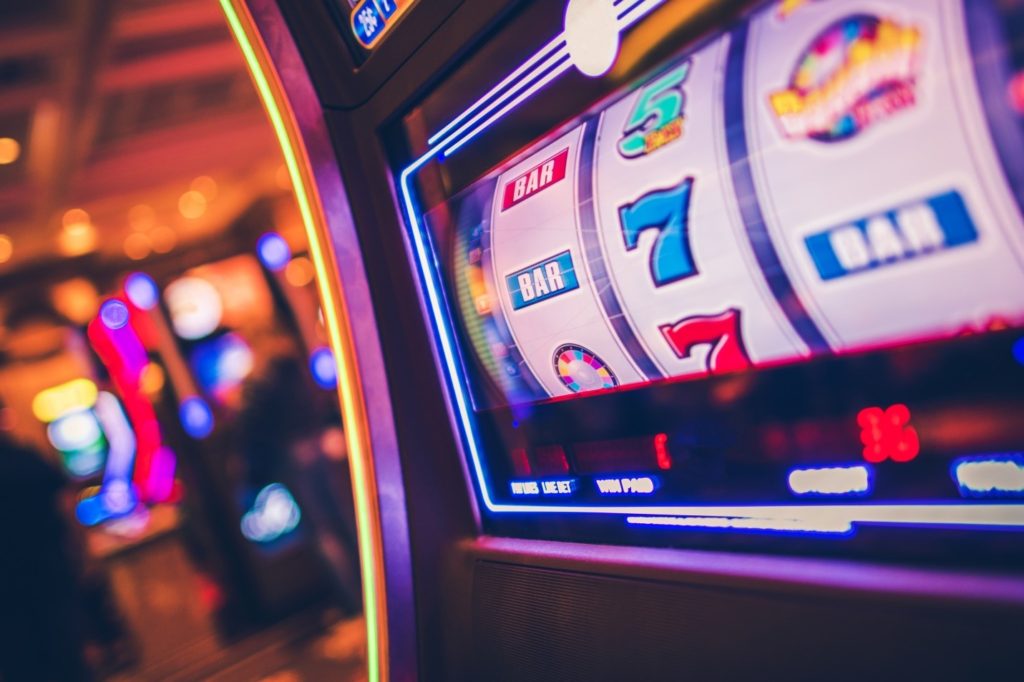
By Hunter Hines
Christian Action League
June 26, 2020
Although the North Carolina General Assembly has passed numerous laws banning video sweepstakes parlors, they still operate in some places.
The problem for their continued existence seems twofold. Once a law is passed, the sweepstakes industry is adept at adjusting their software for the games and asserts that their new games don’t fall under the present prohibition. The result is some District Attorneys and law enforcement officers say that they are unsure whether or not to go off after these gaming parlors.
In the latest court ruling on sweepstakes gaming, a three-judge panel of the North Carolina Court of Appeals clarified that sweepstakes games, cafes, parlors, etc. are illegal. The State Bureau of Investigation (SBI), which enforces anti-gambling laws, has also conducted raids on several businesses and warned that games involving ‘financial wagers, elements of chance, and the lure of winning cash’ are ‘illegal.’”
The State Court of Appeals ruling has been appealed to the State Supreme Court.
Because many sweepstakes cafes continue operating like mini-casinos in some areas of the state, lawmakers in the House Rules Committee took up a measure on Wednesday, which allegedly attempts to get a handle on the problem.
Nevertheless, lawmakers were divided over the proposal, wondering whether the bill was a genuine attempt to crack down on illegal gaming, or whether it was actually cutting out one part of the industry in favor of another.
Senate Bill 380 – Clarify Felony Possess Sweepstakes Machine had been through several drafts, which go as far back as last year. The latest version placed before the Rules Committee this week would have made possessing more than four sweepstakes machines in one location or a single machine that was not “autonomous,” a felony
“Autonomous” machines are machines that aren’t connected online to the big internet companies, which can easily update them to circumvent the law. Proponents of the bill argued the machines would remain illegal, and the proposal would provide law enforcement with a new and more effective way to enforce the law.
If an establishment had fewer than four machines, the proprietor would face a misdemeanor charge. If the establishment had more than four machines, the proprietor would risk being charged with a felony.
Sen. Andy Wells (R-Alexander), the primary sponsor of SB 380, told committee members the genius behind the legislation was that it would destroy the business model of the big players. He said it would make it unprosperous for them to continue their operations in the state, as well as making it impossible for them to keep updating their machines.
But other members of the Committee were quite confused with concerns about what the bill might really do. Even a House Rules Committee staffer, when queried about the measure during the debate, said that she had a hard time following it.
Rev. Mark Creech, executive director of the Christian Action League, said that he was also uncomfortable with the bill because even though its title had the word “clarify” in it, there wasn’t anything clear about it.
Creech also said he was reluctant to come out forcefully against the measure.
“Some of my closest and most trusted public policy colleagues and legislators supported it,” he said. “But I feel that there was a skunk in the woodpile. When you see high-powered lobbyists in the room standing up during public comment to support the bill, and you know they couldn’t care less about banning sweepstakes, that they’ve always got some business angle to whatever they’re doing, something isn’t right. When a lobbyist for the company that makes the so-called “autonomous” machines speaks before the Committee in favor of the bill, then something isn’t right.”
Creech added that as the League’s lobbyist he took a “middle of the road” stance and posed questions he thought pertinent for lawmakers to consider seriously.
The following is Rev. Creech’s testimony before the Committee:
Mr. Chairman and members of the Committee, I’m Rev. Mark Creech, executive director of the Christian Action League.
The twists and turns, the highs and lows, the loop-de-loops with video sweepstakes have been dizzying. Completely clearing our state of this pernicious industry has been like playing Whack-a-Mole. I want to believe that this is a sincere effort on the part of the bill’s sponsors to at least cripple the industry and make its negative impact as minimal as possible. Perhaps they are right in their approach.
But the Christian Action League is somewhat ambivalent. I think we have to ask ourselves, what’s wrong with the current law? Is it unconstitutional? Has it failed the test of the courts? No. In fact, if I remember correctly, the North Carolina Court of Appeals struck down video sweepstakes gaming last year, making it clear that Sheriffs may enforce the law, and District Attorneys may prosecute with confidence.
And therein, I suggest, is the real problem – those who have been authorized to enforce the law aren’t doing it. These are the real questions, which seem to go overlooked for whatever reason – and sometimes maybe for nefarious reasons.
The League is intrigued and supportive of any effort to effectively undermine this industry. But what difference will this measure actually make if we cannot have assurance that those mandated with the responsibility to protect and preserve people from an industry that primarily fleeces the old and the poor will do their jobs?
And since the decision handed down by the North Carolina Court of Appeals that struck down sweepstakes gaming has been appealed to the State Supreme Court, are we undermining a favorable decision there?
SB 380 failed in Committee by a tie vote of 13-13.
